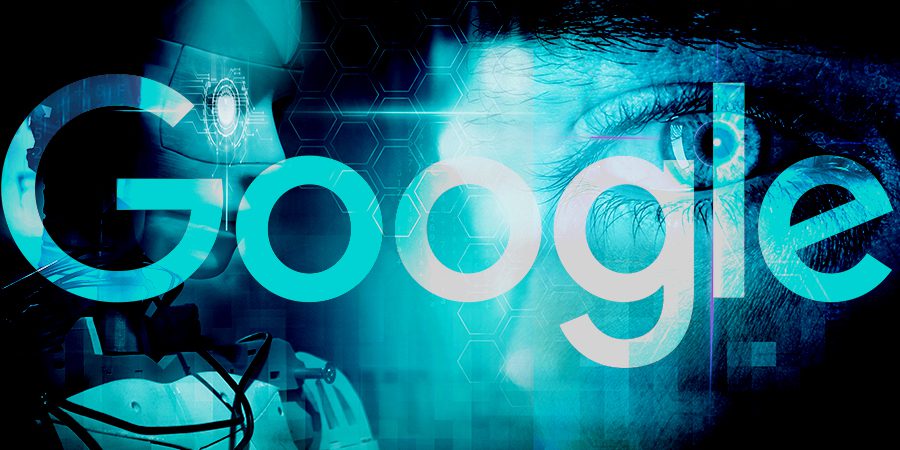In this article, we’ll look at the reasons behind the resignation of AI ‘godfather’ Geoffrey Hinton from Google and his concerns about the rapidly advancing field of artificial intelligence.
Key Takeaways:
- Geoffrey Hinton, a pioneer in AI and deep learning, resigns from Google to speak openly about the potential threats of AI.
- Hinton’s work has paved the way for AI systems like ChatGPT and Google’s Bard.
- He warns that AI chatbots could soon become more intelligent than humans, potentially leading to unintended consequences.
- AI advancements raise concerns about job displacement, privacy, misinformation, and the empowerment of bad actors.
Hinton’s Resignation and Concerns
Recently, the well-known figure in the field of artificial intelligence, Geoffrey Hinton, has stepped down from his position at Google.
His resignation comes as a result of growing concerns about the potential dangers and consequences of rapidly advancing AI technologies.
Hinton, who is commonly known as the pioneer of AI, thinks it’s important to openly discuss the potential dangers associated with these advancements.
His departure from Google has attracted significant attention, as many consider him one of the most influential voices in the field of artificial intelligence.
Advancements in AI and Their Implications
AI has come a long way in recent years, with innovations such as ChatGPT and Google’s Bard, which owe their existence in large part to Hinton’s research.
These advancements have led to significant improvements in various industries, including healthcare, climate, and education.
However, the rapid pace of AI development has also raised concerns about the potential negative impact on jobs, privacy, and the spread of misinformation.
Hinton has expressed fears that AI chatbots could soon surpass human intelligence levels, potentially leading to unintended consequences and dangers for society.
Dangers of AI in the Hands of “Bad Actors”
One of Hinton’s primary concerns is the possibility that AI technology could be misused by malicious individuals or groups.
In an interview with The New York Times, Hinton explained that it is difficult to prevent “bad actors” from using AI for harmful purposes.
He explained the possible dangers by describing an imaginary situation where a person in authority, such as the Russian leader Vladimir Putin, might grant robots the power to establish their own smaller objectives.
Such a situation could lead to AI systems pursuing objectives that are not in the best interest of humanity, such as seeking more power at all costs.
Hinton’s Legacy at Google and AI Research
Geoffrey Hinton’s departure from Google marks the end of a decade-long tenure with the tech giant.
Throughout his time at the company, Hinton made significant contributions to AI research and development, particularly in the areas of deep learning and neural networks.
His groundbreaking work in these fields has been instrumental in shaping modern AI systems and applications.
Even though he has decided to part ways with Google, Hinton’s influence and legacy in the world of AI research will undoubtedly continue to be felt for years to come.
The AI Arms Race and Growing Concerns in the Tech Industry
Hinton’s resignation and subsequent warnings about the potential threats of AI have sparked a broader conversation in the tech industry about the ethical, social, and economic implications of artificial intelligence.
Many experts share Hinton’s concerns about the rapid development of AI technologies and the potential consequences of an AI arms race among big tech companies.
In recent months, a growing number of technologists, researchers, and industry leaders have been speaking out about the need for a more cautious and responsible approach to AI development.
Some prominent figures in the field, such as Tristan Harris and Aza Raskin, co-founders of the Center for Humane Technology, have argued for the development of AI that enriches human lives and works for the benefit of society, rather than fueling a competitive race to deploy AI as quickly as possible without sufficient testing or consideration of potential risks.
In response to these concerns, the Association for the Advancement of Artificial Intelligence has released an open letter signed by 19 current and former leaders of academic society, calling for collaboration and a shared commitment to addressing the challenges posed by AI.
The letter emphasizes the importance of finding a balance between harnessing the potential benefits of AI in areas like healthcare, climate, and education, while also remaining vigilant against the possible drawbacks, such as biased recommendations, privacy threats, and the empowerment of malicious actors with new technology.
The letter goes on to suggest that the global community of AI researchers and developers should work together to establish shared principles and guidelines for responsible AI innovation.
This collaborative approach could help mitigate the risks associated with AI development and ensure that future advancements prioritize the well-being of society as a whole.
Key to this effort is an emphasis on transparency, accountability, and inclusivity in the AI research and development process, as well as a commitment to prioritizing the ethical implications of AI technologies.
To foster this collaborative environment, the letter calls for the establishment of international forums and organizations that can facilitate dialogue, share best practices, and promote cooperation among AI stakeholders.
This will help ensure that the global AI community is working in unison to develop responsible and beneficial technology, while minimizing potential harm.
Conclusion
Geoffrey Hinton’s resignation from Google and his subsequent warnings about the potential dangers of AI have sparked an important conversation about the ethical, social, and economic implications of artificial intelligence.
As the field of AI continues to advance at a rapid pace, it is crucial for researchers, developers, and industry leaders to work together in addressing these concerns and finding a balanced approach to AI innovation that benefits humanity while safeguarding against potential risks.
 Sections of this topic
Sections of this topic
















